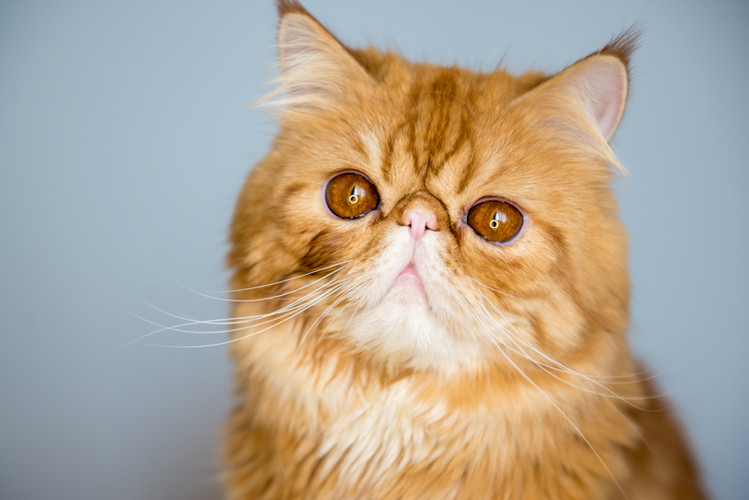What You Need to Know about Owning a Persian Cat
Persian cats are characterized by their long, soft fur and mellow personalities. Primarily indoor cats, Persian cats have a history that goes back centuries to the Middle East. This history influences the type and amount of care that modern-day Persian cats require.
Caring for a Persian Cat
Keeping your Persian cat's coat lustrous and healthy starts with daily grooming to detangle knots and remove debris it has picked up. It's advisable to:
- Brush your cat for close to an hour each day
- As you groom, include the cat's undercoat (which can easily become matted) and its arms and legs
- Make sure the brush you select accommodates its longer fur; a double-sided brush is ideal
- Adhere to all other standard cat grooming recommendations, like checking paws and clipping nails
You should also bathe your Persian cat about once per month. Some recommend using a color enhancer, plus shampoo and conditioner, to improve the coat's appearance. Eye Envy® Moisturizing Pet Shampoo for cats and dogs contains glycerin, white vinegar and other natural, effective ingredients.

Face Shape and Tear Drainage
Persian cats have two types of face shapes: traditional, with more angular and pointed features, or flat-faced, characterized by a short nose and large eyes. Flat-faced Persian cats are more common in the United States.
Unfortunately, the flat face shape contributes to breathing and eye issues. Your Persian may easily get tired when active, and Persians have a higher likelihood of eye injuries, infections, ulcers and tear drainage issues. These tear issues can contribute to frequent tear stains. Get into a cleaning routine involving cat tear stain remover products to gently remove these stains rather than bleaching or covering them. It is recommended that this routine include cleanings twice a day for cats who experience excessive tearing, including senior cats, which tend to tear more than younger cats.
Finally, flat faces may pose challenges when it comes to eating, so provide your Persian cat with a shallow bowl.
Personality and Temperament
Persian cats are known for being quiet, gentle and less-active animals. These cats easily get tired, especially as they age. Their outdoor time should be limited, especially since loud noises startle these cats. Their nose shape also makes them more at risk for developing an infection, and their soft, long fur easily picks up dust and debris. If your Persian cat goes outside, it can track that debris into your home, and it increases the number of knots you'll need to brush out.

